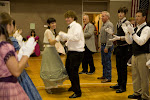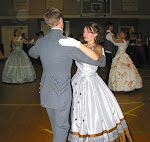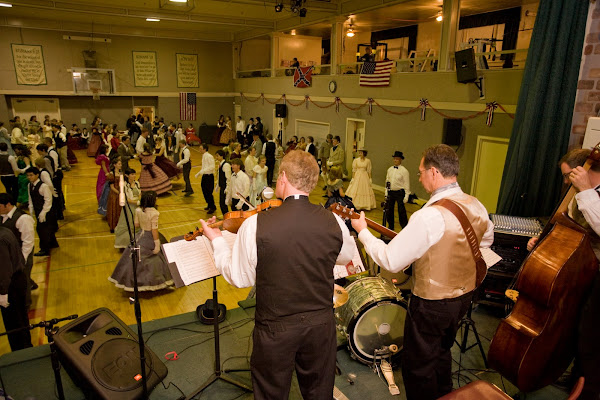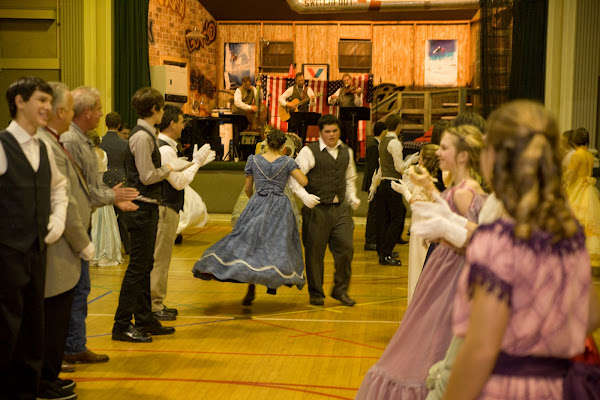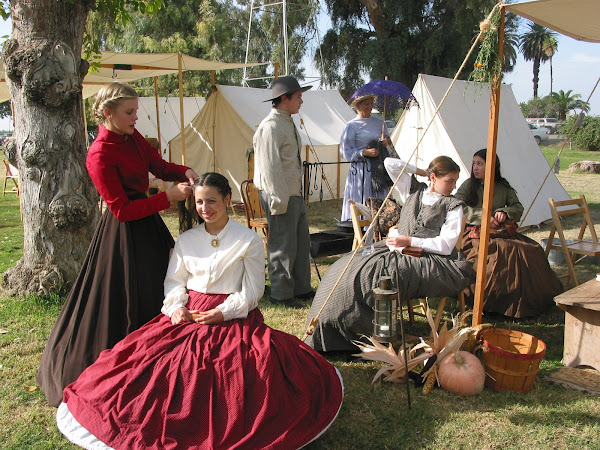As straight laced and rigidly moral as the Victorians
appeared, they were also quite the romantics. Since young ladies were often
shielded by chaperones, it was sometimes difficult for a young man to know
where he stood with his heart’s desire.
Young ladies learned to signal their feelings with various
items of apparel, and the gentlemen quickly caught on. If a lady handed a
gentleman her glove, it meant she accepted him, whereas, if she handed him a
mitten, it told the suitor to give up hope. If she drew her handkerchief across
her check, she was sending a message of love, while twirling the handkerchief
in her right hand meant that she loved another.
Gifts of love included a painted miniature portrait, a
brooch containing a woven lock of hair or a piece of gemstone of particular significance.
Flowers, too, had many meanings and could be used to communicate one’s thoughts
and desires. However, the most important were the written affirmations of the
heart. Letters were akin to personal visits and allowed one to express deep
emotion.
Marriage was the ultimate goal of most young adult’s
aspirations, for Victorians felt that only marriage and children could fill a
house with true love. Their model was their beloved Queen Victoria who was a
wife and mother who put her family above the many affairs of state.
Many poems of that era reflect this sentiment:
Oh may you live happy
The rest of your life
Get a good husband
And be a good wife.
“I often wished to have a friend
With whom my choicest hours to spend,
To whom I safely may impart
Each wish and weakness of my heart.
Who would in every sorrow cheer,
An mingle with my grief a tear,
And to secure that bliss for life,
I’d like that friend to be my wife.


